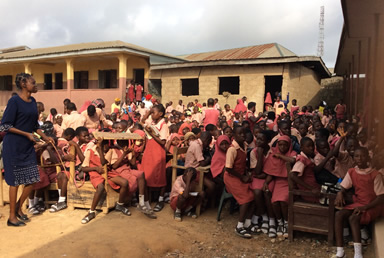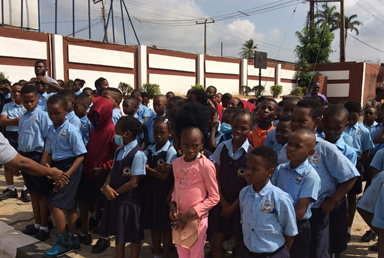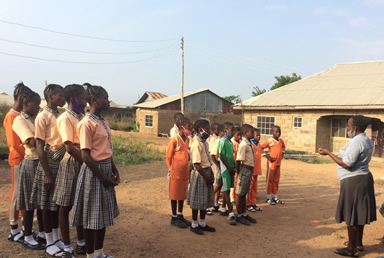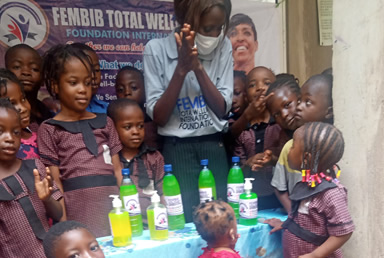Aims and Objectives
FEMBIB TOTAL WELLNESS FOUNDATION INTERNATIONAL
-
The Aims and Objectives of the association are:
1. Public Health Education
To provide accessible, accurate, and up-to-date information on infection prevention and control to promote the overall health and well-being of the general public.2.Community Health Awareness
To educate and train youths and interested adults on the transmission of infectious diseases within communities and the importance of prevention.3. Infection Prevention Training
To equip children, youths, and adults with knowledge and skills to prevent the spread of infections such as COVID-19, tuberculosis, cholera, and other communicable and systemic diseases.4. Promotion of Preventive Practices
To foster awareness and encourage the consistent use of face masks, physical distancing, respiratory hygiene (e.g., sneezing and coughing etiquette), hand hygiene, and protective equipment as key measures to break the chain of infection.5. Chronic Disease Awareness To educate adults on the early signs and symptoms of non-communicable diseases like diabetes and hypertension and guide them to appropriate healthcare facilities for timely diagnosis and treatment.
6. Personal Hygiene and Nutrition
To promote good personal hygiene practices and the importance of a balanced diet as foundational elements of healthy living.7. Mental Health Awareness
To provide education on the signs and symptoms of mental and emotional health challenges to encourage early intervention and prevent complications.8. Psychosocial Support and Referral
To assess emotional and psychological concerns and connect individuals with appropriate mental health resources and services.9. Youth Empowerment and Employment To empower and train youths and adults with practical skills in public health, enabling them to be gainfully employed by the organization or within the wider community.
10. Environmental Health Assessment
To assess and monitor environmental conditions in communities, especially in relation to sanitation and mosquito breeding grounds, to help prevent outbreaks of malaria and other vector-borne diseases.11. Sustainable Health Behavior Change
To promote consistent community engagement and continuous training programs that reinforce healthy living practices until they become ingrained habits.12. Emergency Preparedness and Response
To train individuals on how to recognize medical emergencies and respond appropriately to prevent complications and save lives.13. Collaborative Partnerships
To collaborate with local, state, and federal governments, as well as international organizations, in efforts to improve community health outcomes and reduce the spread of infections.



